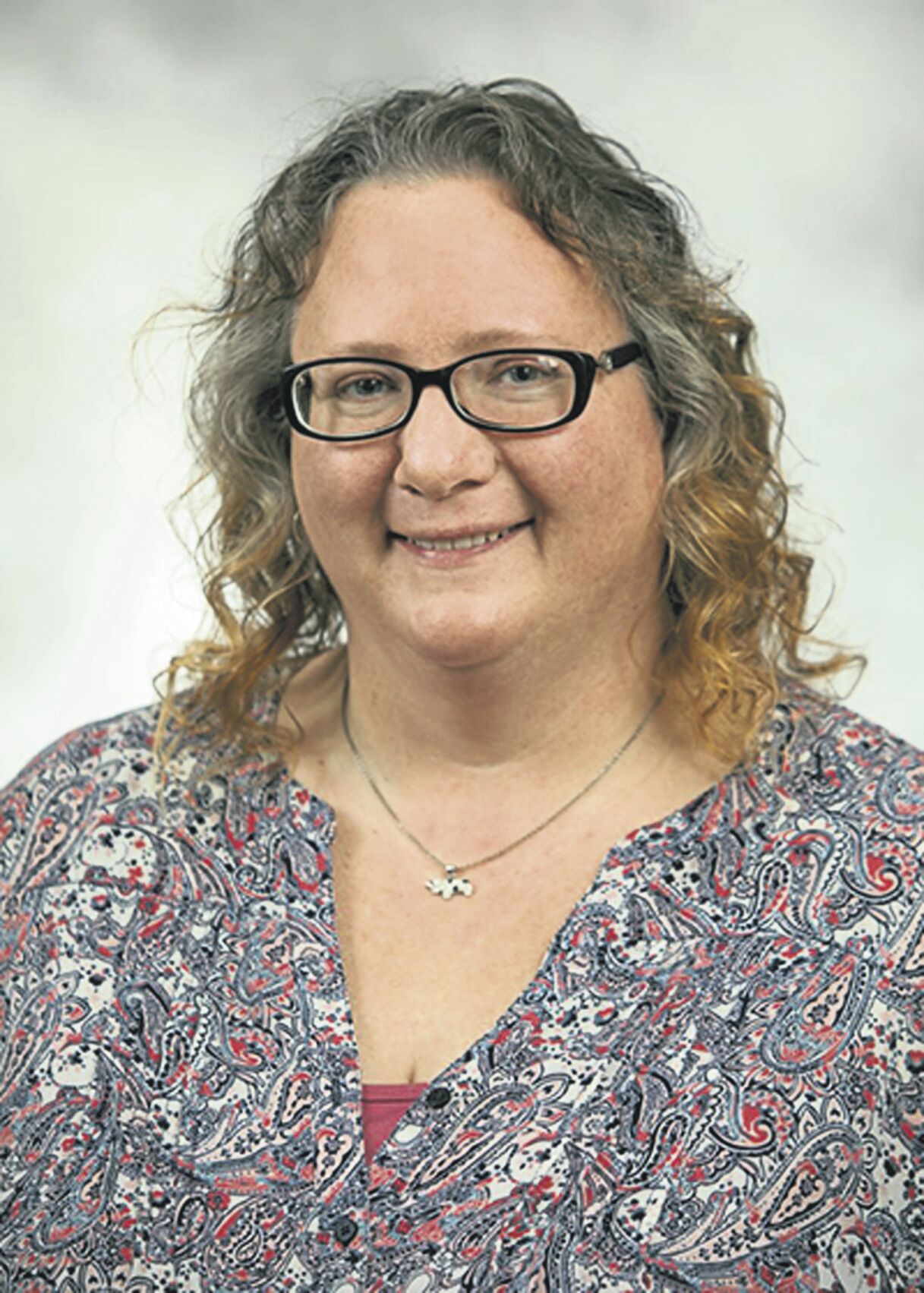PLATTEVILLE, Wis. — As the Dairy Innovation Hub celebrates its third year, University of Wisconsin-Platteville faculty and staff look forward to how they can best advance the field of dairy research.
The university receives about $1.9 million per year through the innovation hub, which is a $7.8-million-per-year collaborative effort among University of Wisconsin campuses in Platteville, Madison and River Falls. Since the program’s inception, UW-P has put its share toward funding new staff positions, purchasing additional equipment and myriad research opportunities for students and staff.
“It’s a pretty broad impact,” said Dairy Innovation Hub UW-P liaison Tera Montgomery. “… (With this funding,) we can take everything else and spread it out a little bit and say, ‘OK, what can we do now that we couldn’t do before?’”
Funding first became available to campuses in late 2019 after the yearly allowance was added to the state budget following introduction by Rep. Travis Tranel, R-Cuba City, and Sen. Howard Marklein, R-Spring Green.
Since then, the funding has gone toward a variety of projects at UW-P, including those that evaluate the “mouth-feel” of ice cream using an electronic tongue, the study of different waste management techniques as they relate to greenhouse gas emissions and an examination of the best ways to connect local producers with campus dining services.
Assistant professor Ryan Pralle was one of the first staff members hired at UW-P through the innovation hub. He said it funded the acquisition of several robotic milking machines for UW-P’s Pioneer Farm that have been used for research and unique student education opportunities.
In addition to milking the cows, Pralle said, the machines collect a variety of health information on the animals that can be used to make individualized health decisions.
“Robotic milking systems are becoming increasingly lucrative, and a lot of people are investing in them because of the quality-of-life benefits,” he said. “But it’s also a new tool for us to get a lot of individual data … and increase decision-making power.”
Researcher Joe Sanford also was hired through the Dairy Innovation Hub and conducts research around efficient animal waste management. One of his hub-funded projects is about evaluating the uses of biochar, charcoal made from plant matter used to draw carbon dioxide out of the atmosphere.
While the innovation hub’s contributions have been smaller — around or below $50,000 per project — he said it gave the projects the lift they needed to acquire the necessary data to think bigger.
“A lot of federal funding might not fund these smaller, more exploratory projects,” he said. “But now, we have the data to go after those larger funding sources … and go after some of the bigger fish.”


